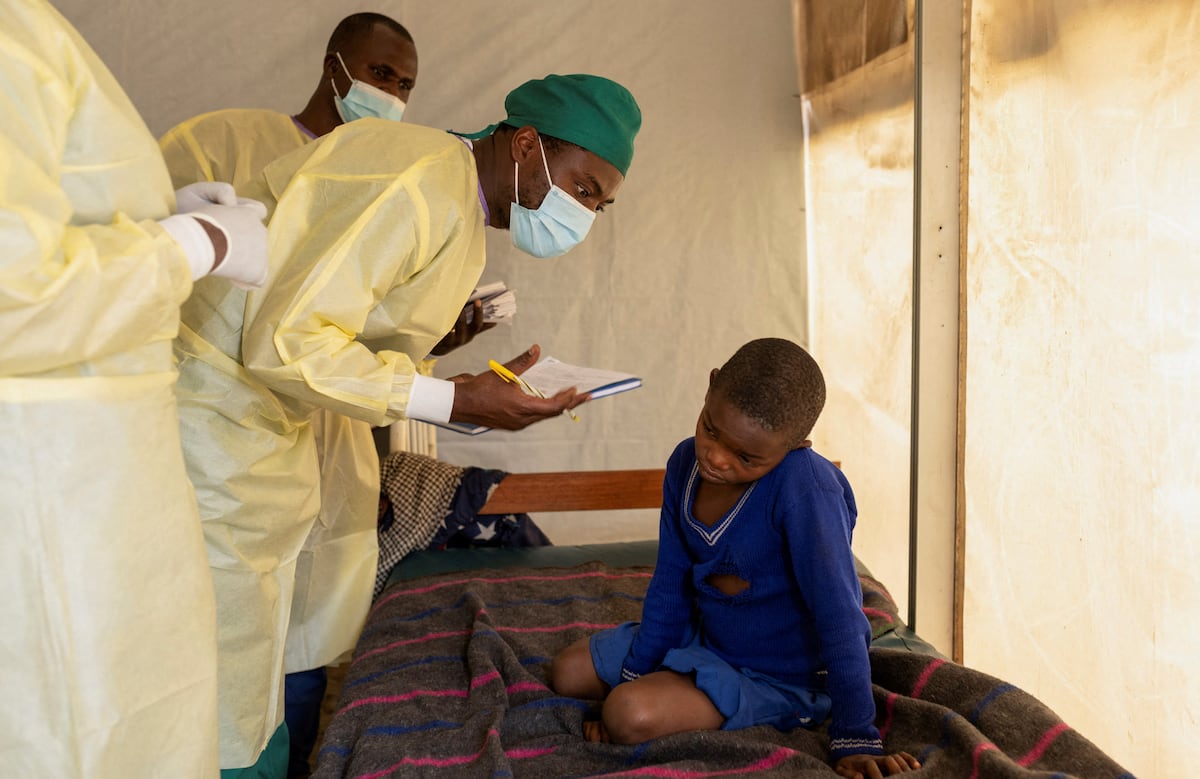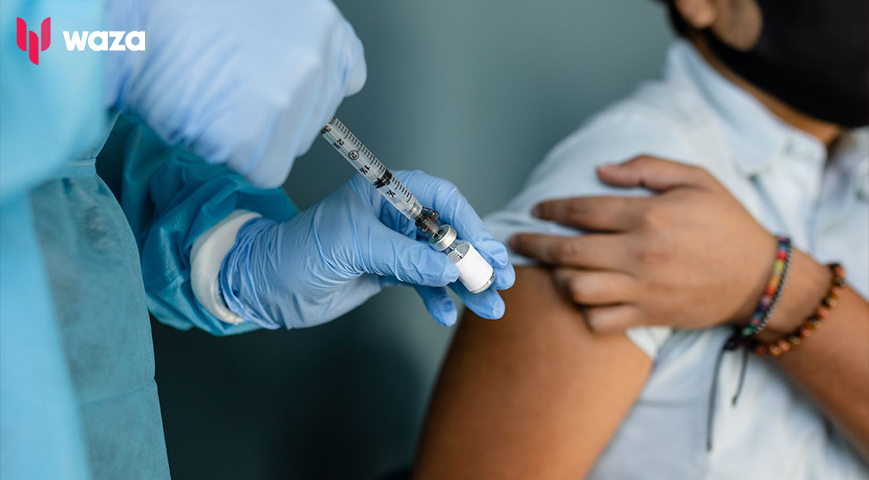The government has announced that Kenyans will soon receive Mpox vaccines to address the threat of the disease, following its declaration as a public health emergency by the World Health Organization (WHO) and the Africa Centres for Disease Control and Prevention (CDC) last week.
During a press briefing on Monday, Health Director-General Patrick Amoth revealed that Kenya will receive 2 million doses of the vaccine from the Denmark-based Nordic manufacturing company by December. He emphasized that, similar to the approach taken during the Covid-19 pandemic, the vaccines will be prioritized for the most vulnerable groups due to the limited supply.

“At some point, we will bring vaccines into the country. Following the Africa CDC’s declaration, they noted that Africa requires 10 million doses of the vaccine. We have been assured by the Nordic manufacturer that we will have about 2 million doses by the end of the year,” Dr. Amoth stated. “However, the vaccine will not be available to everyone due to limited availability, so we will prioritize certain populations for vaccination.”
Mpox, previously known as monkeypox, is a viral disease caused by the monkeypox virus. The disease is primarily transmitted through contact with an infected person, contaminated personal items, or sexual contact. Dr. Amoth also noted that the current strain (clade 1b) is more transmissible and poses a higher risk. To address this, the government plans to sequence the virus to understand its genetic composition.
Did you read this?

Dr. Amoth outlined additional measures the government has implemented, including increased surveillance at all points of entry and enhanced training for health workers on identifying and diagnosing the disease. He also mentioned that there are four dedicated laboratories for testing Mpox cases, with an additional 100 labs available if further support is needed.
The Ministry of Health has reassured the public that rapid response teams are on standby to handle any suspected cases. So far, over 300,000 travelers have been screened, and 29 suspected cases have been tested, all of which returned negative results.
Health Cabinet Secretary Deborah Barasa added, “Testing of suspected cases is currently being conducted at the Ministry of Health National Public Health Laboratories (NPHL) in collaboration with partner institutions such as KEMRI.” She also confirmed that 25 County Emergency Operation Centers (EOCs) are currently active and coordinating efforts, with all counties directed to activate their Rapid Response Teams (RRTs) for case investigation and contact tracing.









